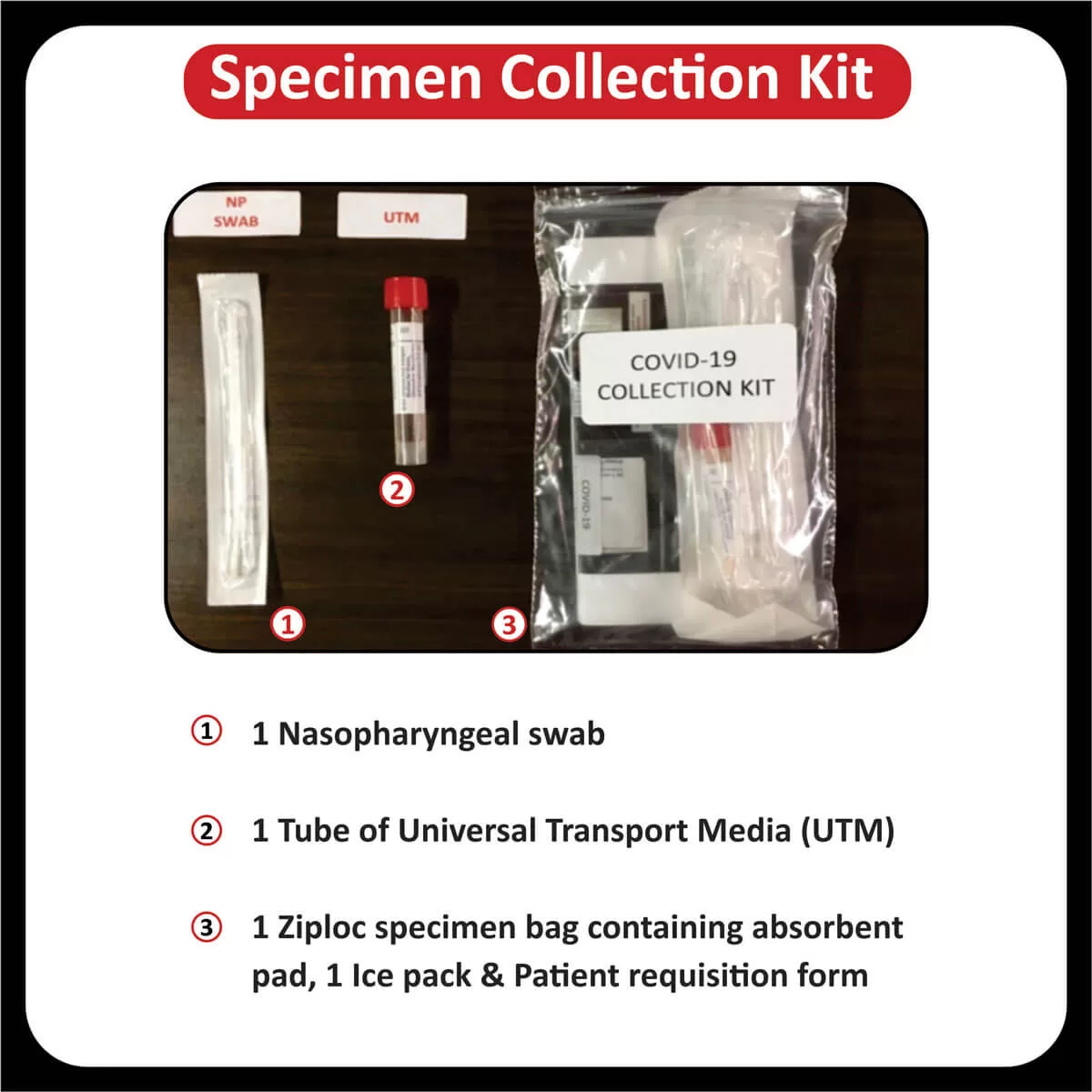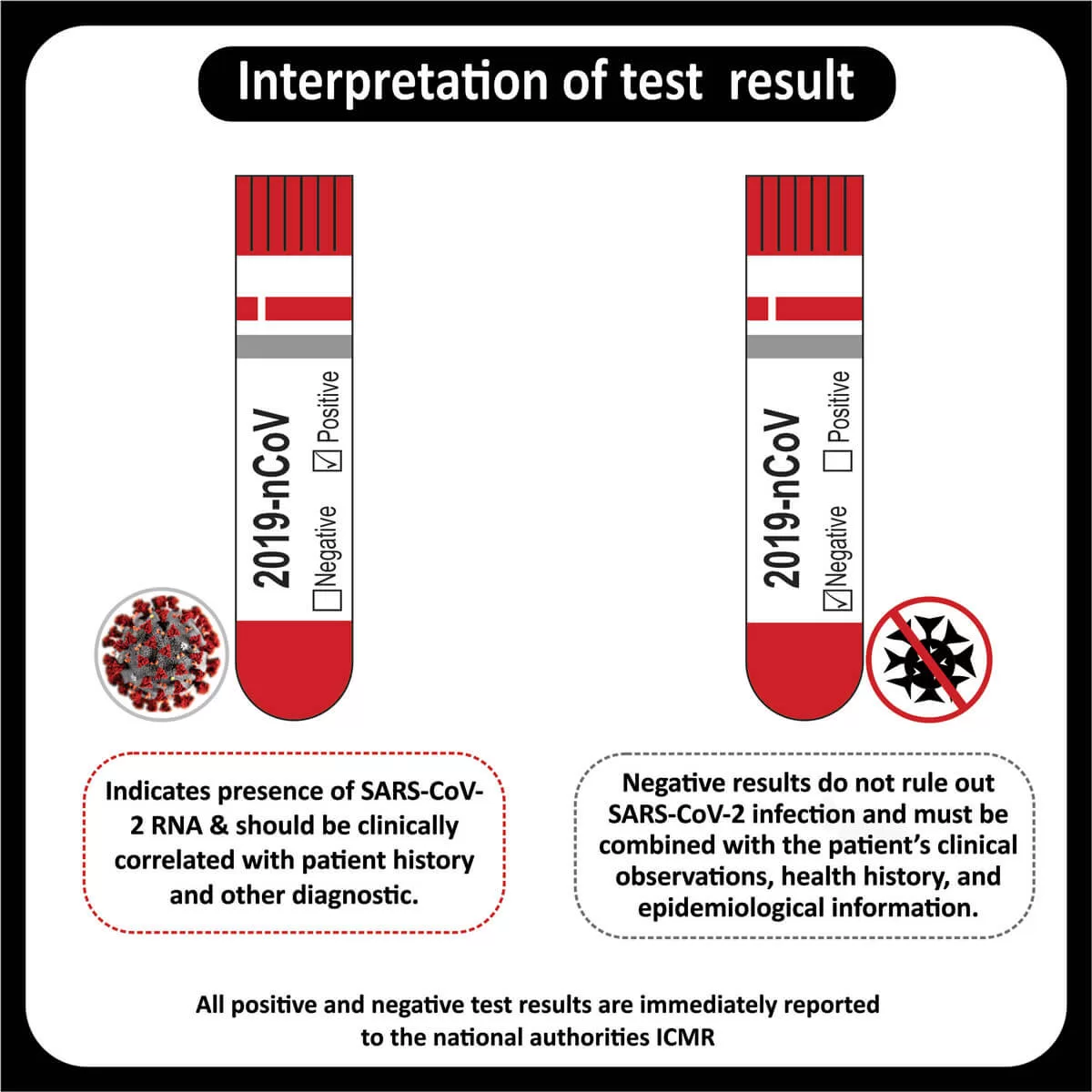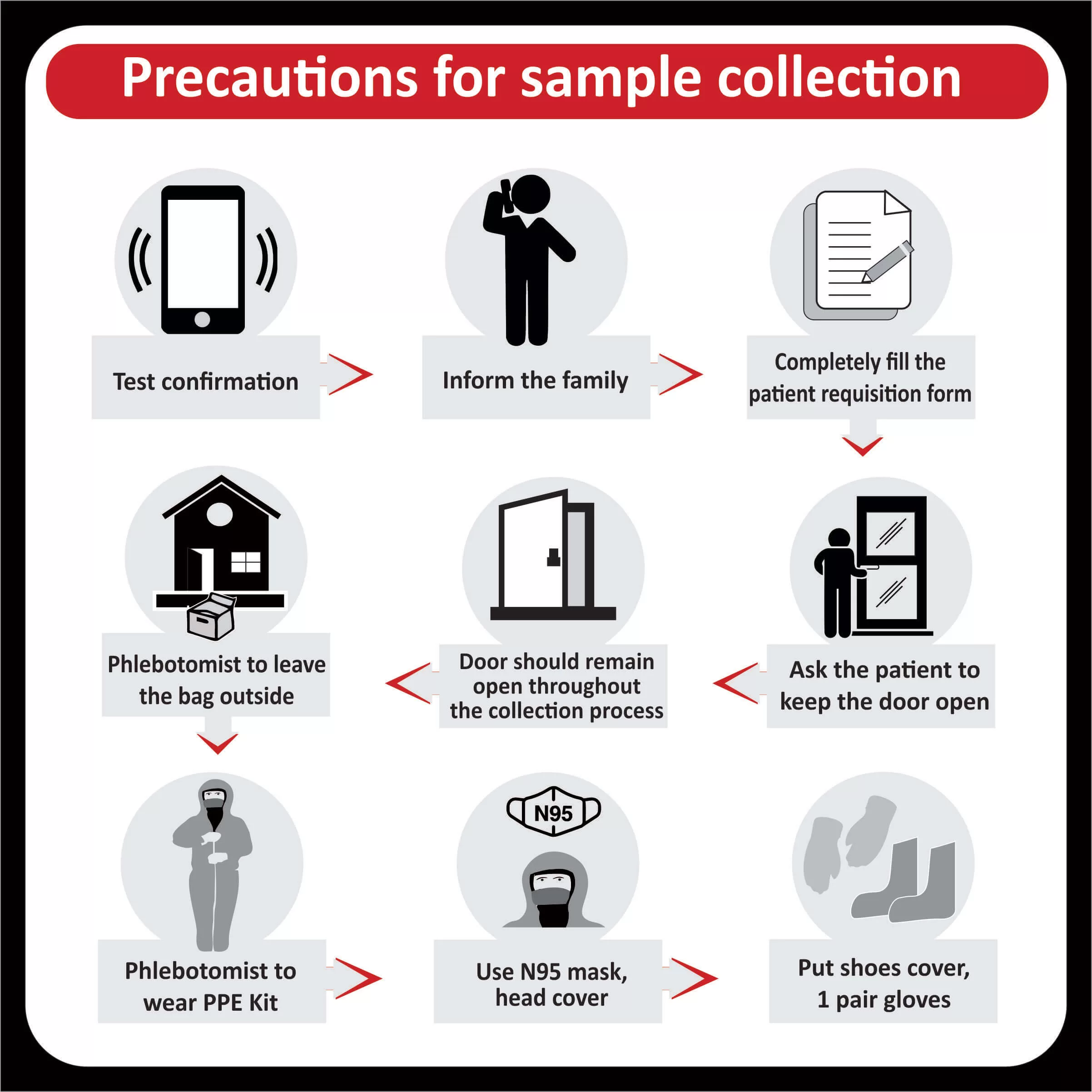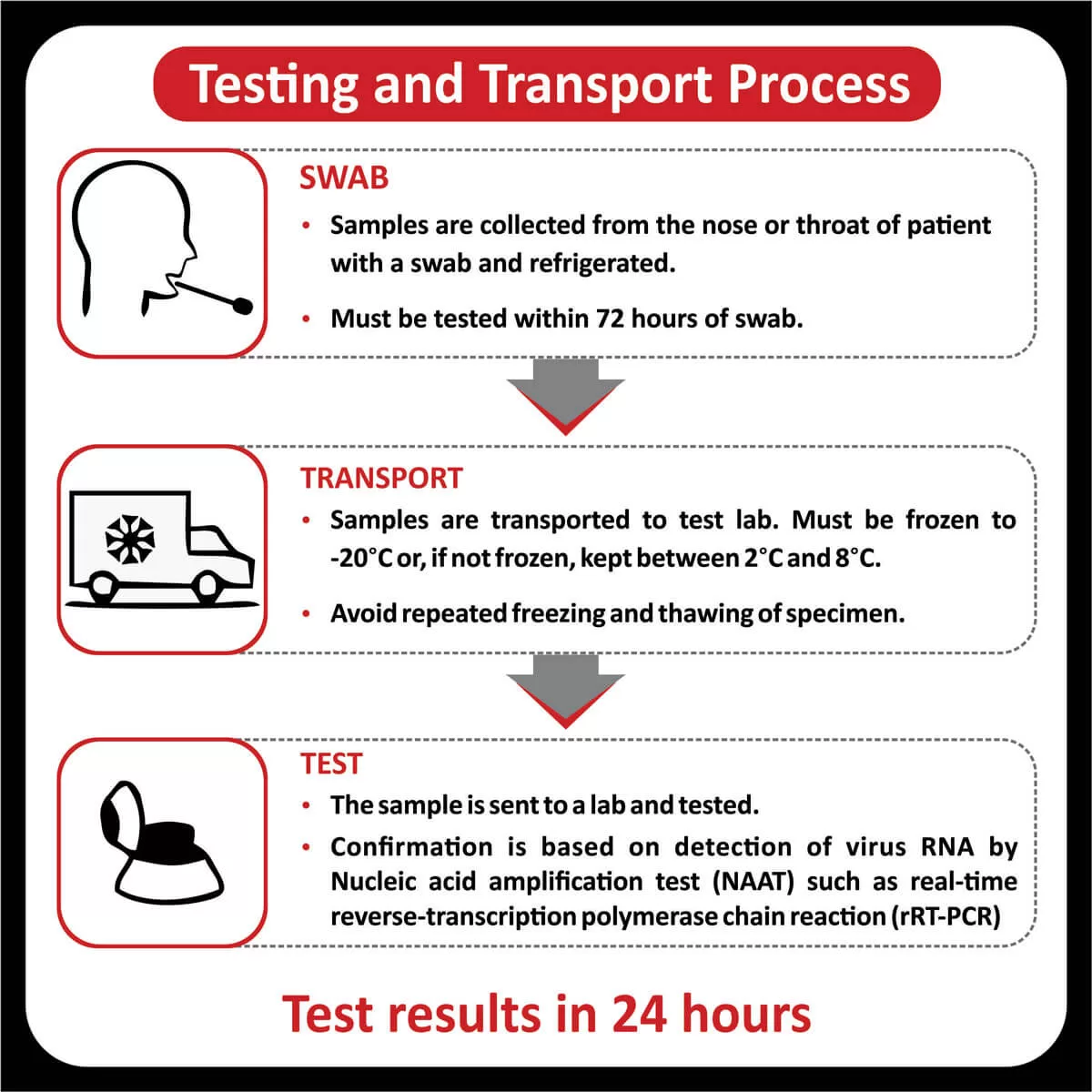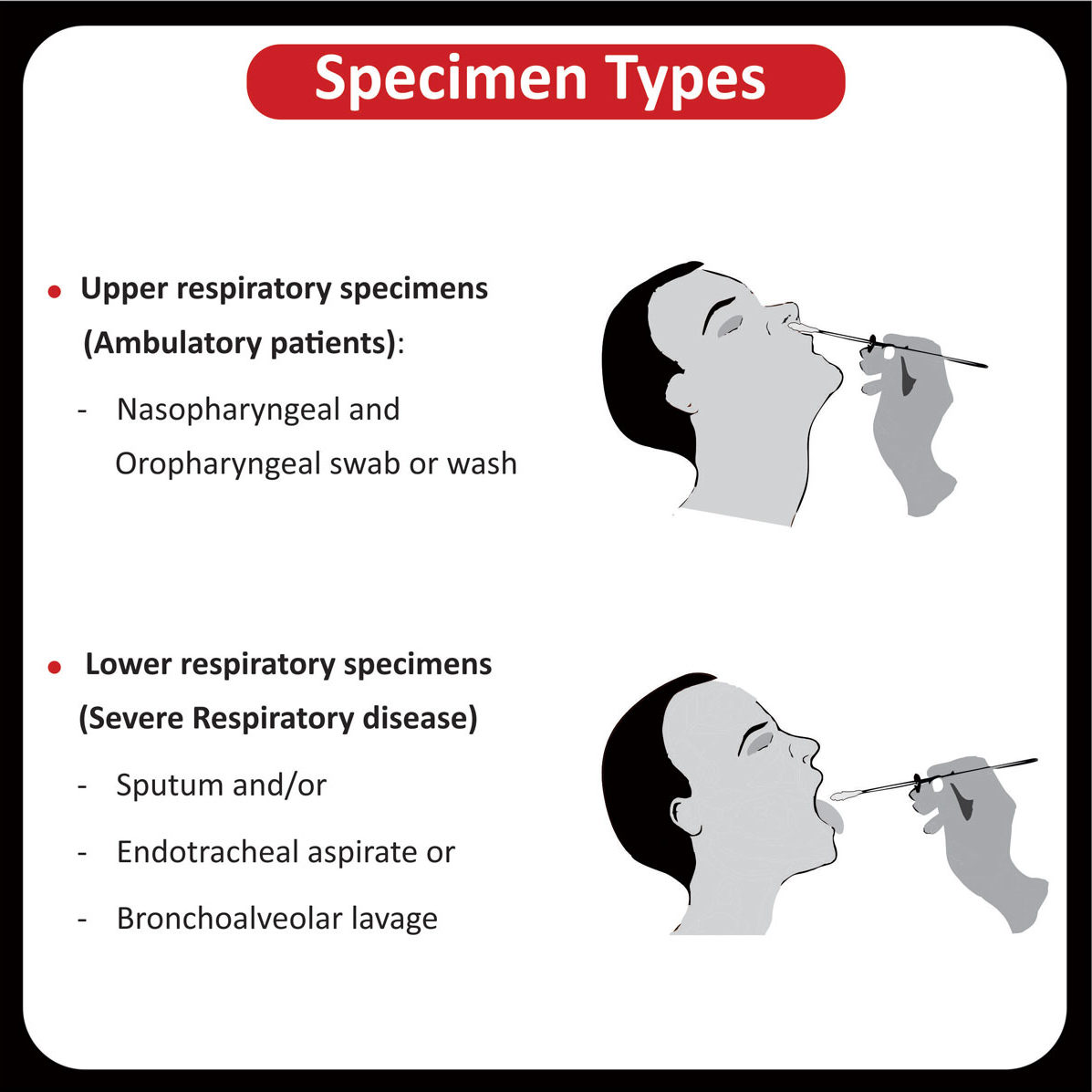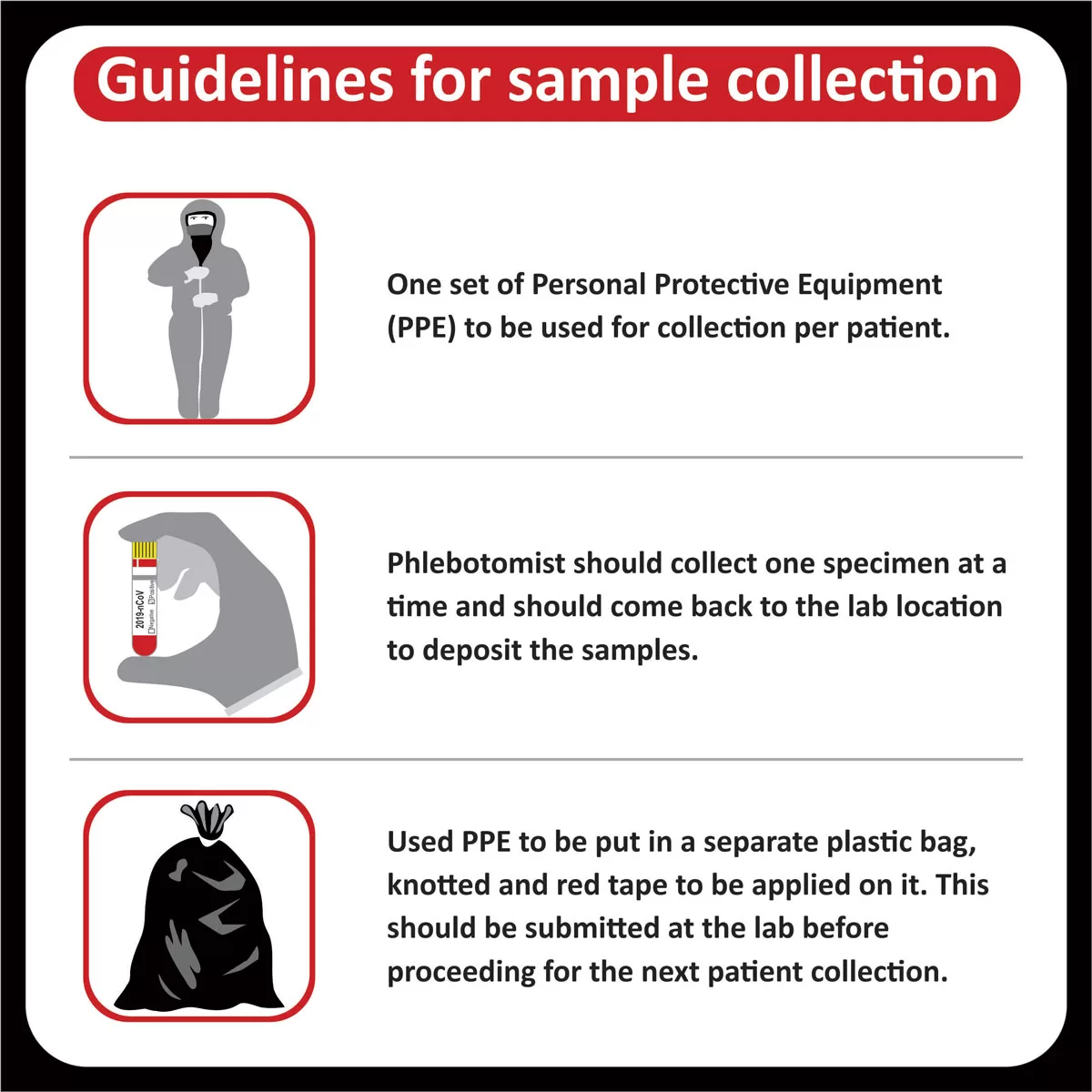
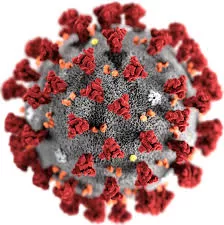
COVID-19 TESTING
is available
ICMR Registration Number-COREG001
For more details and home collection
Guidelines for Sample Collection
Safety guidelines for sample collection
Specimen Collection Kit
Specimen types
COVID-19 testing and transport process
Precautions for home collection of samples
Interpretation of result
COVID-19 is an infectious disease caused by the most recently discovered “novel coronavirus”.
Coronaviruses are a large family of viruses that may cause illness in animals or humans. 2019 Novel Coronavirus or 2019-nCoV, is a new virus first identified in Wuhan, Hubei Province, China. It is named as novel as it has not been previously identified. In humans, several coronaviruses are known to cause respiratory infections ranging from the common cold to more severe diseases such as Middle East Respiratory Syndrome (MERS) and Severe Acute Respiratory Syndrome (SARS). The most recently discovered coronavirus causes coronavirus disease COVID-19.
The most common symptoms of COVID-19 are fever, dry cough, and breathing difficulty. Some patients also have aches and pains, nasal congestion, runny nose, sore throat or diarrhea
About 80% of confirmed cases recover from the disease without any serious complications. In more severe cases, the infection can cause severe pneumonia and other complications or even death.
About 80% of confirmed cases recover from the disease without any serious complications. In more severe cases, the infection can cause severe pneumonia and other complications or even death.
At present exact source of infection of 2019 novel Coronavirus has not been identified.
COVID-19 spreads mainly by droplets produced as a result of coughing or sneezing of a COVID-19 infected person. This can happen in two ways:
Direct close contact: one can get the infection by being in close contact with COVID-19 patients (within one meter of the infected person), especially if they do not cover their face when coughing or sneezing.
Indirect contact: the droplets survive on surfaces and clothes for many days. Therefore, touching any such infected surface or cloth and then touching one’s mouth, nose or eyes can transmit the disease.
Some people with the infection, but without any serious symptoms can also spread the disease.
The incubation period of COVID 19 (time between getting the infection and showing symptoms) is 1 to 14 days, most commonly around 5 days.
Studies to date suggest that the virus that causes COVID-19 is mainly transmitted through contact with respiratory droplets rather than through the air.
As per guidelines, if you develop the acute onset of fever and symptoms of respiratory illness, such as cough or shortness of breath you should visit your nearest health facility and the doctor will decide if you need to be tested for COVID-19, depending upon your history of travel to affected countries or contact with any suspects.
- People who have travelled to other countries in the last 14 days and their family members.
- People coming from other states if they have been working with people who travelled to other countries in the last 14 days.
- Family members and contacts of patients confirmed to have COVID-19
- People older than 60 years of age and people with medical problems like high blood pressure, heart problems, respiratory disease/ asthma, cancer or diabetes are at higher risk for developing serious complications.
- Regularly and thoroughly clean your hands with an alcohol-based hand rub or wash them with soap and water.
- Maintain at least 1 meter (3 feet) distance between yourself and anyone who is coughing or sneezing.
- Avoid touching eyes, nose and mouth.
- Make sure you, and the people around you, follow good respiratory hygiene. This means covering your mouth and nose with your bent elbow or tissue when you cough or sneeze. Then dispose of the used tissue immediately.
- Stay home if you feel unwell. If you have a fever, cough and difficulty breathing, seek medical attention and call in advance. Follow the directions of your local health authority.
- Keep up to date on the latest COVID-19 hotspots (cities or local areas where COVID-19 is spreading widely). If possible, avoid traveling to places– especially if you are an older person or have diabetes, heart or lung disease.
There is no evidence of any current medications that can prevent or cure the disease
Not yet. To date, there is no vaccine and no specific antiviral medicine to prevent or treat COVID-2019.
Yes, you should wear a mask to protect yourself whenever you go outside your home.
Mandatory documents to be presented for getting COVID-19 test
- Government photo-id
- Dully filled patient information form (TRF)
You may like to call our customer care no. +918882899999 for booking a sample collection slot.
RT-PCR, as recommended by ICMR.
The sample will be collected in a viral transport medium (VTM) to maintain the stability of the sample & get transported in a cold chain. Our specially trained phlebotomists collect the samples by following all biosafety precautions and using personal protective equipment.
You are advised to visit your referring doctor/hospital with the report for further advice.
Do's and Don'ts
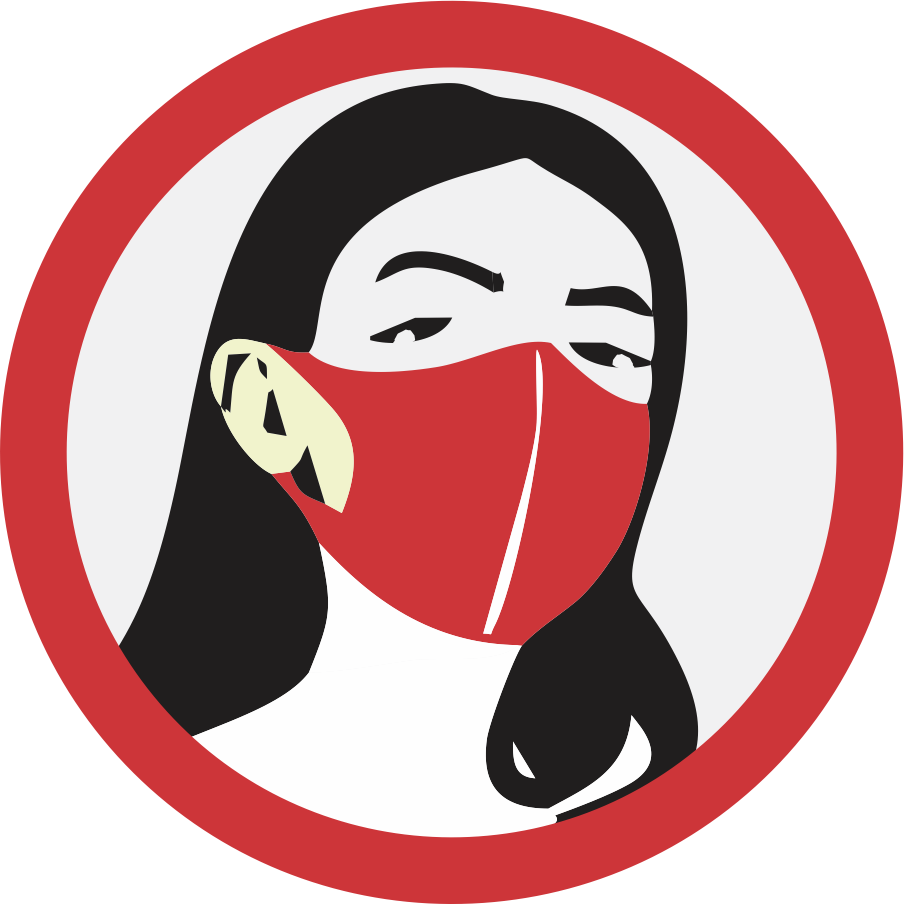
Use mask
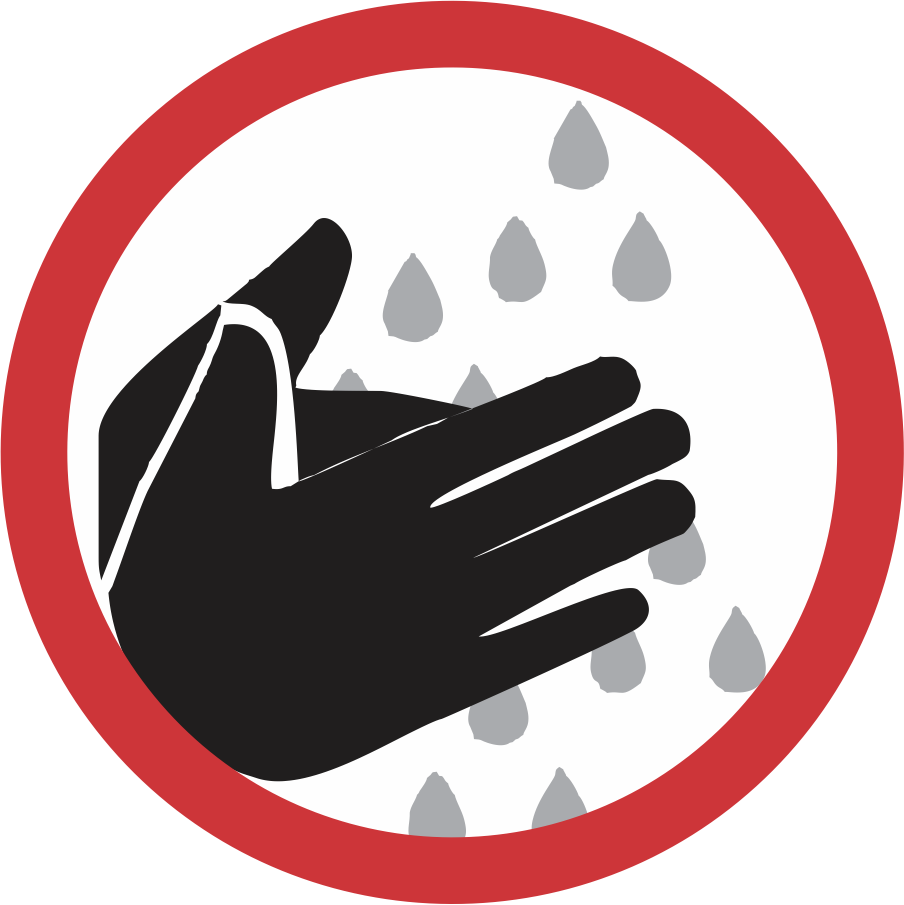
Wash your hands

Keep social distancing
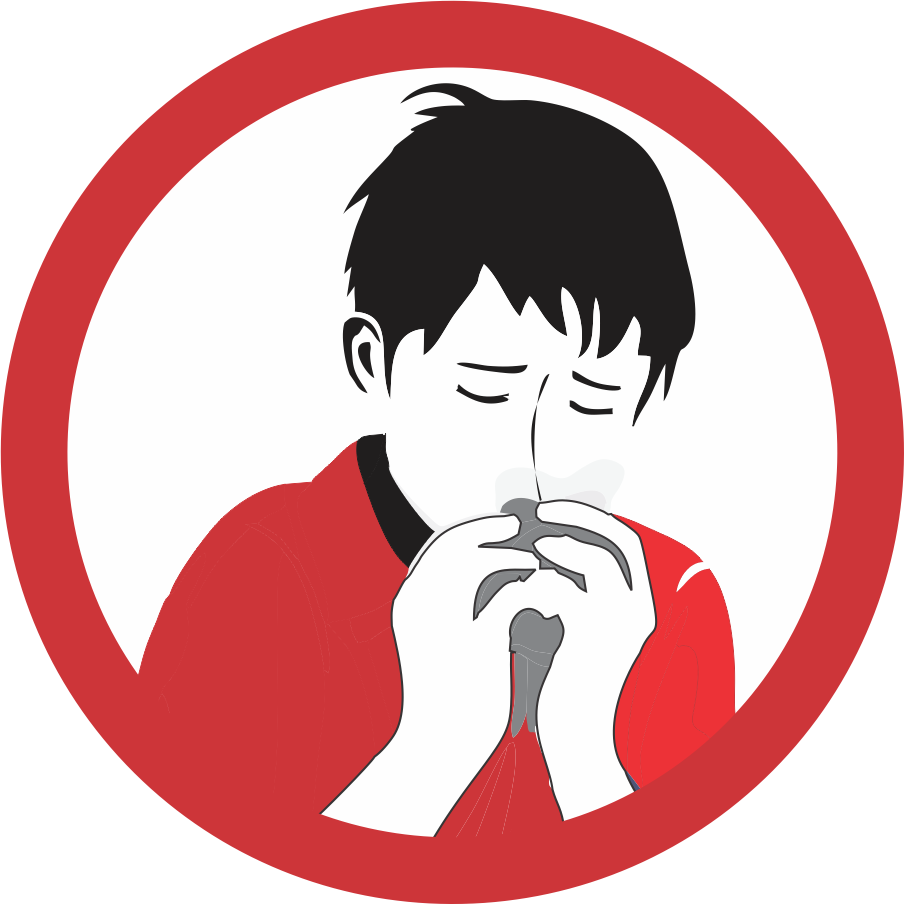
Cover your mouth
while coughing
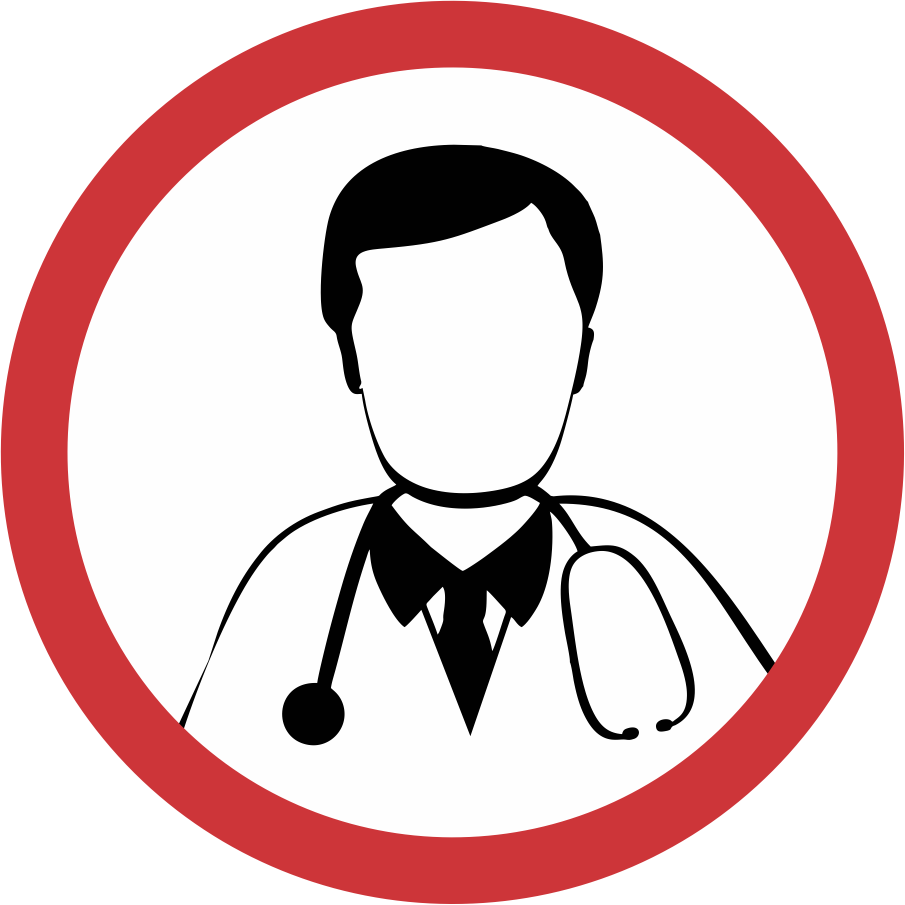
Consult your doctor
if you feel unwell

